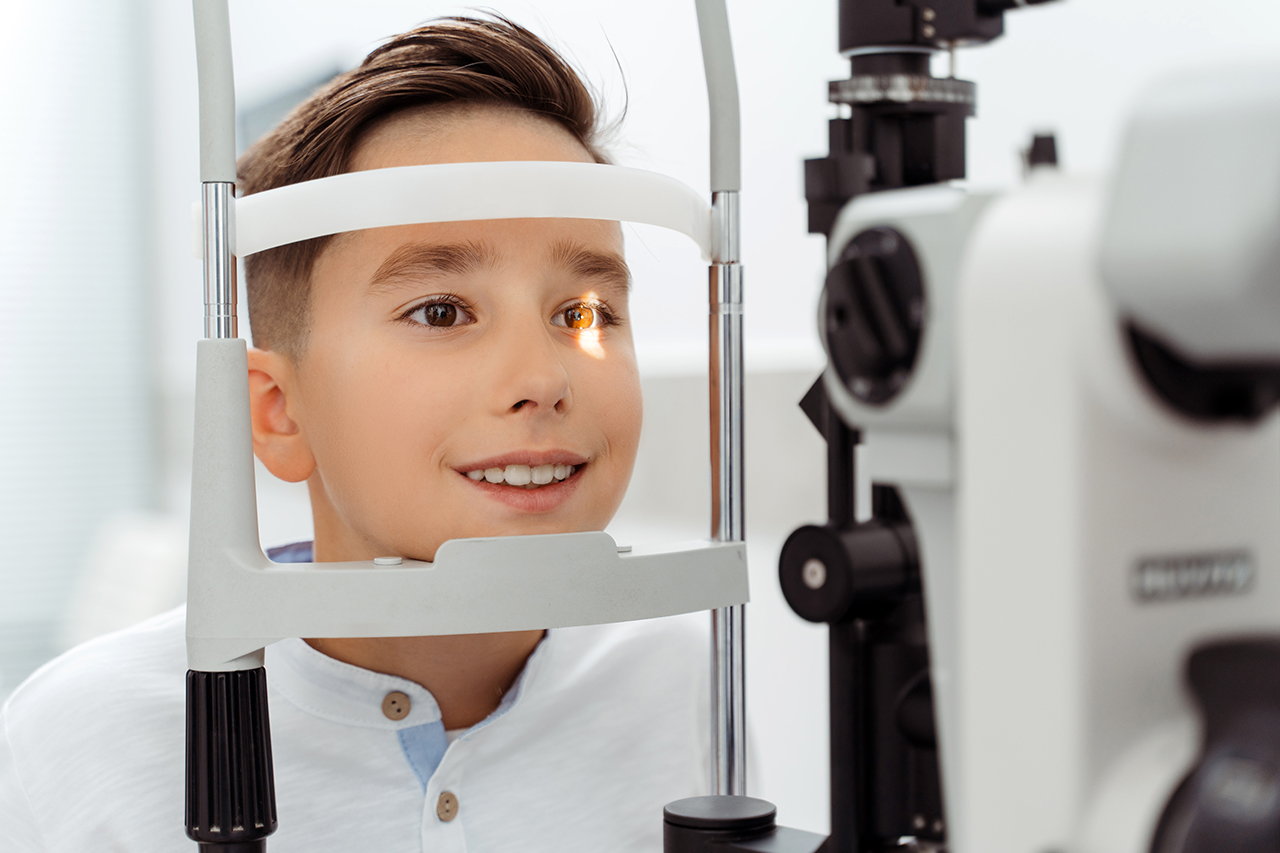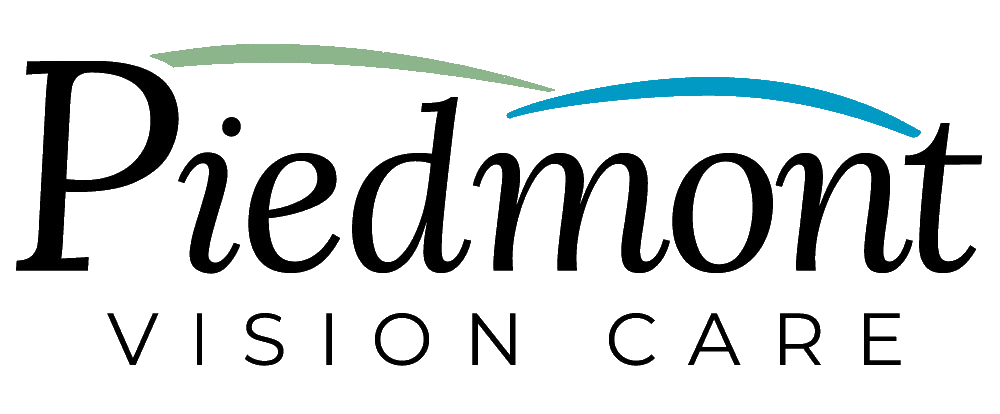Supporting Your Child's Vision Development in Manassas
Did you know that about 80% of what kids learn comes from what they see? In other words, good vision is crucial for your child's learning, growth, and understanding of the world.
This underscores the importance of regular eye exams for children to identify and address any vision problems early, supporting their educational development and overall well-being.

Why Pediatric Eye Exams Matter
Children’s eye exams are not just a routine medical check-up; they’re a crucial component of your child's overall health. The eyes play a pivotal role in your child's ability to learn, develop fine motor skills, and interact with the world.

Prioritizing Eye Care For Your Child
As previously mentioned, most of a child's learning occurs through their sense of sight. If your child experiences difficulties seeing clearly, their academic performance and overall development may be affected.
This is why early vision screenings and eye exams are vital, allowing for detecting and correcting any vision impairments. Timely intervention can enhance your child's ability to learn and interact with their surroundings, fostering a more successful and enriching classroom experience.
AOA Guidelines for Kids' Eye Exams
The American Optometric Association (AOA) suggests that kids should get their eyes checked at these stages: at six months old, at three years, when they start school, and then every two years after that. If your child shows any signs of vision problems or has certain risk factors, it's a good idea to have their eyes checked more often.
Children's eyes can change as they grow. Annual examinations are essential if your child wears eyeglasses or contact lenses to ensure their prescription remains accurate.


Pediatric Eye Exams: Birth to 24 Months
The early years of a child's life are crucial for visual development. Infants must learn how to focus their eyes, move them accurately, and process visual information. In this section, we'll explore the importance of eye exams during the first 24 months of life.
Foundations of Motor Development: A baby's visual system develops in tandem with their motor skills, such as crawling, walking, and hand-eye coordination. Healthy vision is essential for these milestones.
Comprehensive Infant Eye Examination: To ensure your infant's eyes are developing correctly, schedule their first eye exam at six months. During this exam, our optometrist will assess your child's visual abilities and eye health and look for potential issues like strabismus, nearsightedness, or farsightedness.
Higher Risk Situations: Premature birth or developmental delays can increase the risk of eye and vision problems. In such cases, more frequent eye exams may be necessary to monitor your child's progress.
Ensuring your infant's vision is on track is vital for their development.
Preschool Eye Check-Ups: Ages 2–5
As your child enters the toddler and preschool years, their intellectual and motor skills experience significant growth.
Fine Motor Skills and Hand-Eye Coordination: These skills are crucial for reading, writing, sports, and creative tasks such as drawing or building. Good vision is the foundation for their development.
Detecting Lazy Eye and Crossed Eyes: Early detection and treatment of conditions like lazy eye (amblyopia) or crossed eyes (strabismus) are more successful. Look for signs like squinting, frequent eye rubbing, or avoiding certain activities.
Addressing Developmental Delays: Some developmental issues related to object recognition, color recognition, or coordination can have visual roots. If you notice your child struggling with these areas, visiting the eye doctor may be beneficial.
By staying vigilant and addressing potential vision issues early, you can set your child up for success in their formative years.


Eye Exams For School Kids: Ages 6–18
Undetected or uncorrected vision problems in school-aged children can have far-reaching consequences.
Academic and Social Impact: Vision problems can lead to academic struggles, social challenges, and behavioral issues. Children may be unable to express their vision-related difficulties, making early detection crucial.
Signs of Vision Problems: Besides academic issues, look for symptoms like headaches, frequent blinking, short attention span, or avoiding reading. These can be indicators of underlying vision problems.
Importance of Comprehensive Eye Exams: Beyond visual acuity, eye exams assess binocular vision, focusing, peripheral vision, color vision, hand-eye coordination, and tracking. Our optometrists will thoroughly examine your child's eyes and address any concerns or issues.
Ensuring your school-aged child's optimal vision is an investment in their academic and personal success.
By staying vigilant and addressing potential vision issues early, you can set your child up for success in their formative years.
Kids' Eyewear & Vision Treatments
Various therapeutic options are available if an eye exam reveals your child has a vision problem. Depending on the condition and our optometrist's recommendation, these may include eyeglasses, contact lenses, eye patches, vision therapy, or ortho-k.
At Piedmont Vision, we aim to provide the best possible care to ensure your child's vision reaches its full potential. By following recommended guidelines for pediatric eye exams and staying attentive to signs of vision problems, you're taking proactive steps to support your child's vision and overall well-being.


